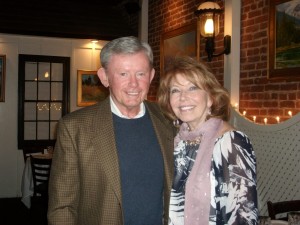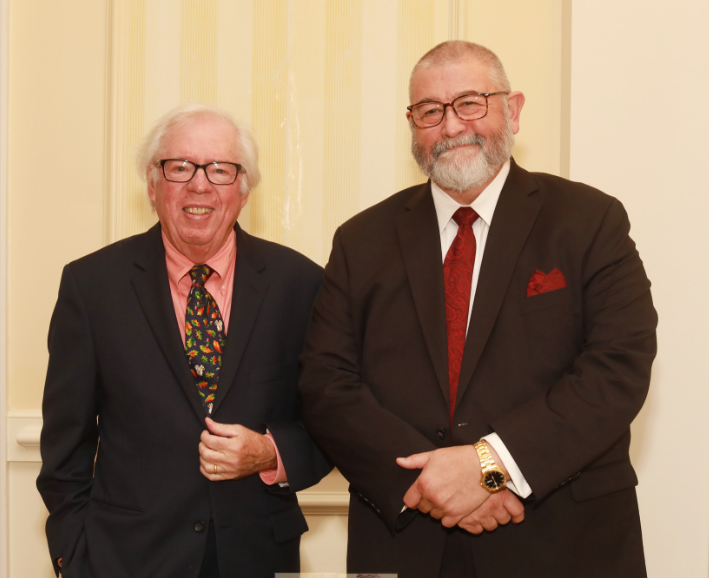About The Series
This free lecture series brings renowned biographers, a number of them Pulitzer Prize winners, to the Mary Washington campus to explore the diverse lives and achievements of remarkable people.
Lectures are always held at 7:30 p.m. Tuesdays and Thursdays, January through March, in George Washington Hall’s Dodd Auditorium. Typically, they include question-and-answer sessions and book-signings.
History
Since 2004, the University of Mary Washington has offered during each spring semester a public lecture series titled “Great Lives: Biographical Approaches to History and Culture.” The series began as an academic course offered by the Department of History and American Studies but, drawing on a model employed periodically by the Department since the mid-1970s, and consistent with the University’s commitment to public service, certain lectures were opened to the public free of charge. The response was extraordinary – so great, in fact, that the program had to be moved from its original 200-seat Monroe Hall venue to the 1,200-seat Dodd Auditorium, the largest lecture facility on the Fredericksburg campus.
Soon after it began, the Great Lives program received a major boost as a result of a significant endowment from John Chappell of Philadelphia. That gift, subsequently augmented by the Chappell family’s generosity, together with that of local individuals and corporate sponsors, has made it possible for the program to attract speakers of prominence from throughout the country and abroad, creating an unprecedented intellectual opportunity both for UMW students and area residents alike. In 2016 the program, originally known as the Chappell Lecture Series, was renamed the William B. Crawley Lecture Series in recognition of the professor who originally designed it.
Scott H. Harris, the current Director of Great Lives, joined the Great Lives team as co-director in 2024 with his former professor Bill Crawley. Harris, a 1983 graduate of UMW, has been Executive Director of University Museums since 2018, after seven years as Director of the James Monroe Museum. His return to UMW followed more than 20 years of work with the Colonial Williamsburg Foundation; Preservation Virginia; the Manassas Museum System; and the Virginia Museum of the Civil War at New Market Battlefield State Historical Park. In addition to various offices within the American Alliance of Museums and Virginia Association of Museums. Harris is an editorial advisor to White House History Quarterly; the journal of the White House Historical Association.
Since the inception of the program, more than 300 figures have been covered in public lectures. Those individuals have been chosen to provide diversity, not just in terms of race and gender, but also in chronology and, especially, in fields of accomplishment. (The operative principle is that “great” means not necessarily good, but influential in some way.) The series has also investigated a few non-human subjects such as the racehorse Secretariat and fictional characters including Rosie the Riveter, James Bond, Harry Potter, and Sherlock Holmes.
Guest speakers are chosen on the basis of their prominence as biographers, with emphasis on writers who have recently made notable contributions to the field of biography, particularly those who bring a new perspective to traditional topics. Participants have included a number who have won Pulitzer prizes and other prestigious awards. It is likely that no other program in the country brings together so many outstanding biographers in one series. James McGrath Morris, former president of Biographers International Organization, has called it a “truly remarkable achievement,” concluding that “quite simply, there is no other program comparable to it in the country.”
Community support has been extraordinary, with audiences in recent years averaging around 350 and occasionally surpassing 650. Lectures are recorded and available on our website with over 1000 views annually. A number of local organizations and corporations have collaborated with Great Lives in sponsoring lectures. In addition, individual donations have become an important ancillary resource in funding the series.

